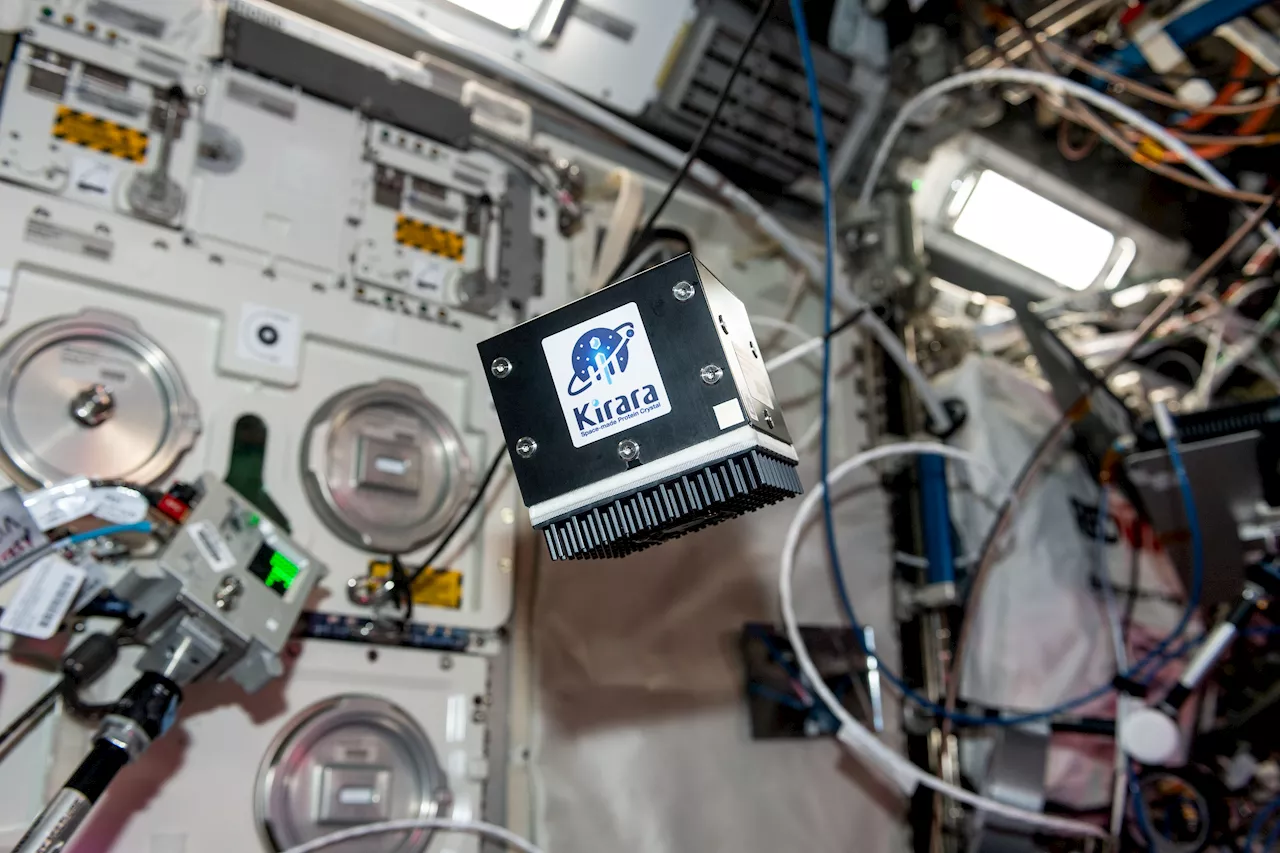Anthocyanins protect seeds in space
rates than non-pigmented white rice seeds. This result suggests that anthocyanin, a flavonoid known to protect plants from UV irradiation, could help preserve seed viability on future space missions.
Plants are key components for systems being designed to produce nutrients and recycle carbon for future sustained space habitation, but space has been shown to reduce seed viability., part of a series of investigations from JAXA , examined the role of anthocyanins in maintaining seed viability. Results of this and previous experiments suggest that solar light in space is more detrimental to seeds than radiation.
International Space Station (ISS) ISS Research Johnson Space Center Missions NASA Centers & Facilities Science & Research
United States Latest News, United States Headlines
Similar News:You can also read news stories similar to this one that we have collected from other news sources.
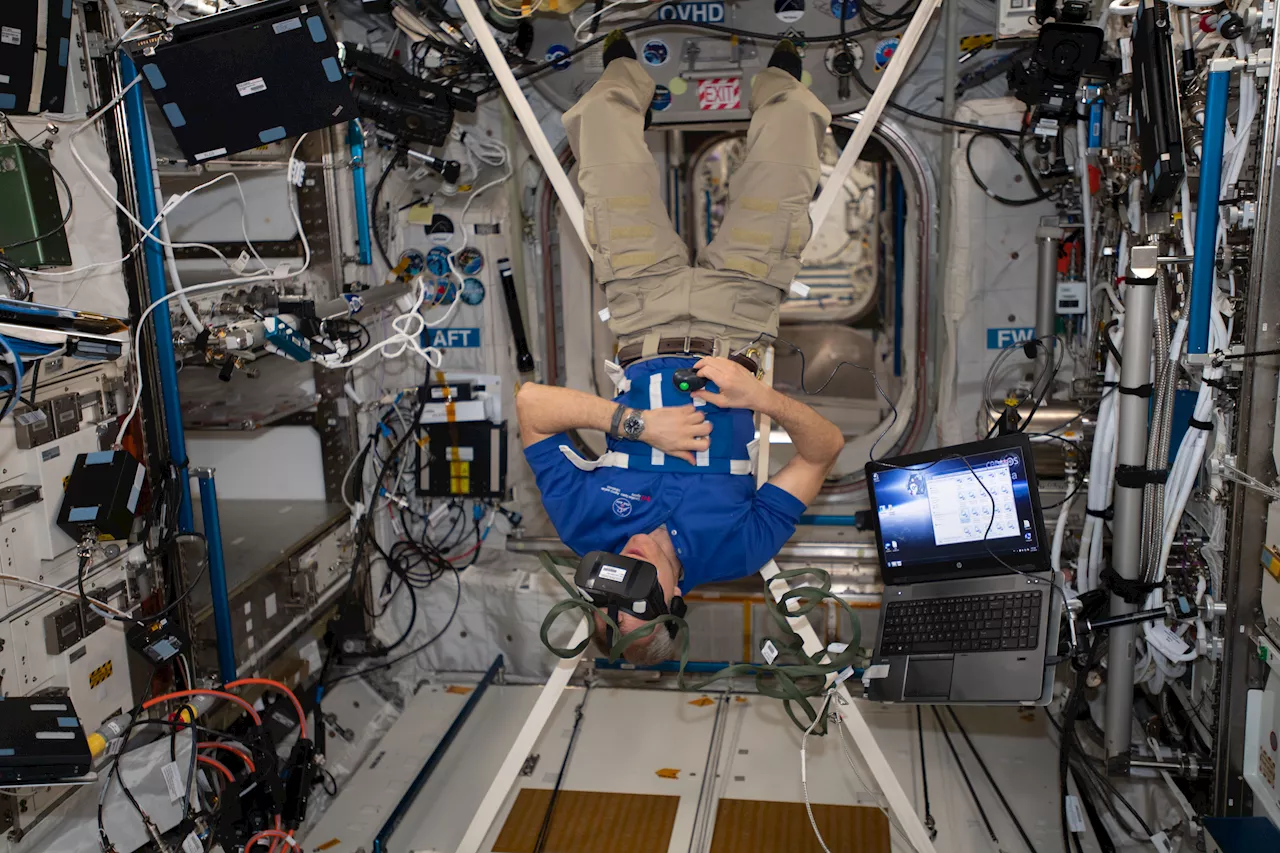 Station Science Top News: Oct. 18, 2024Microgravity had no immediate effect on a person’s ability to perceive the height of an object, indicating that astronauts can safely perform tasks that rely
Station Science Top News: Oct. 18, 2024Microgravity had no immediate effect on a person’s ability to perceive the height of an object, indicating that astronauts can safely perform tasks that rely
Read more »
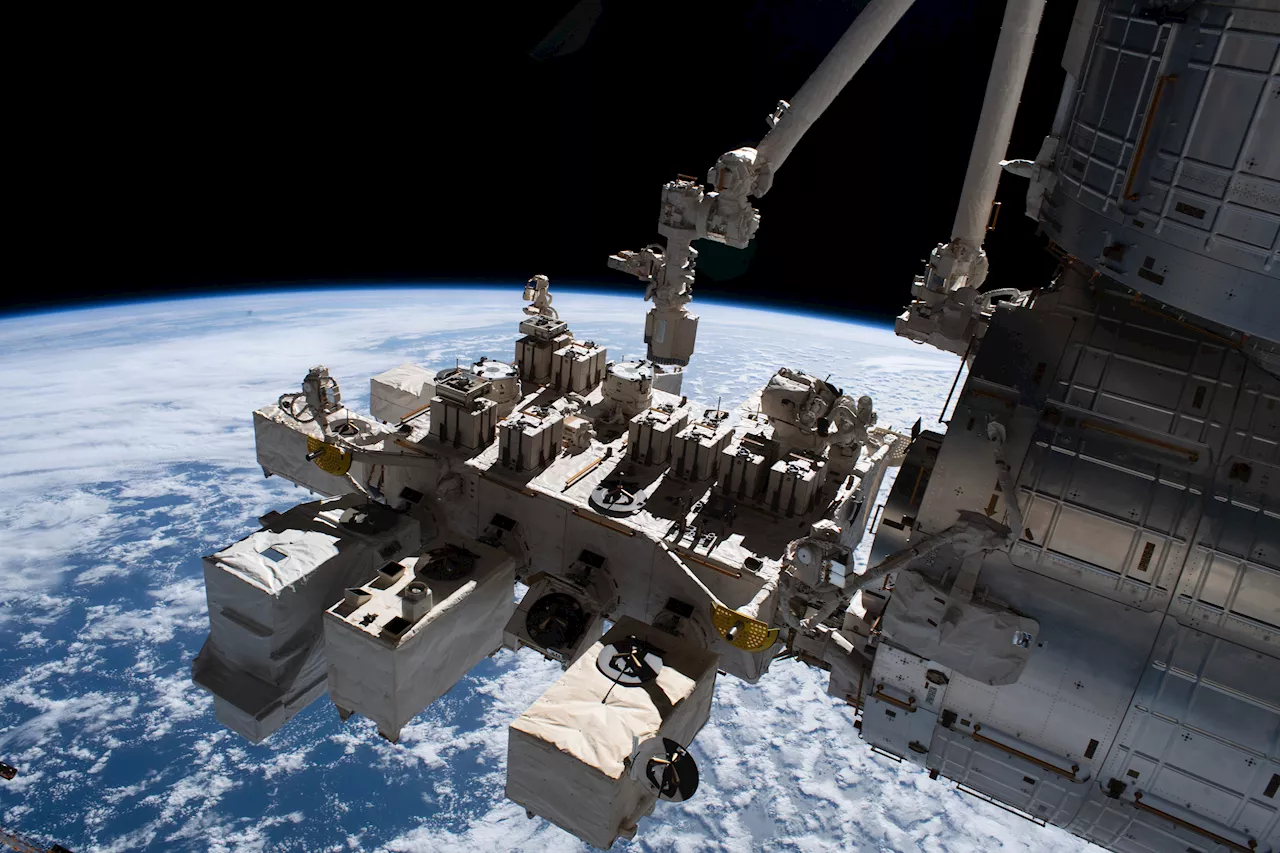 Station Science Top News: Oct. 25, 2024Better Monitoring of the Air Astronauts Breathe
Station Science Top News: Oct. 25, 2024Better Monitoring of the Air Astronauts Breathe
Read more »
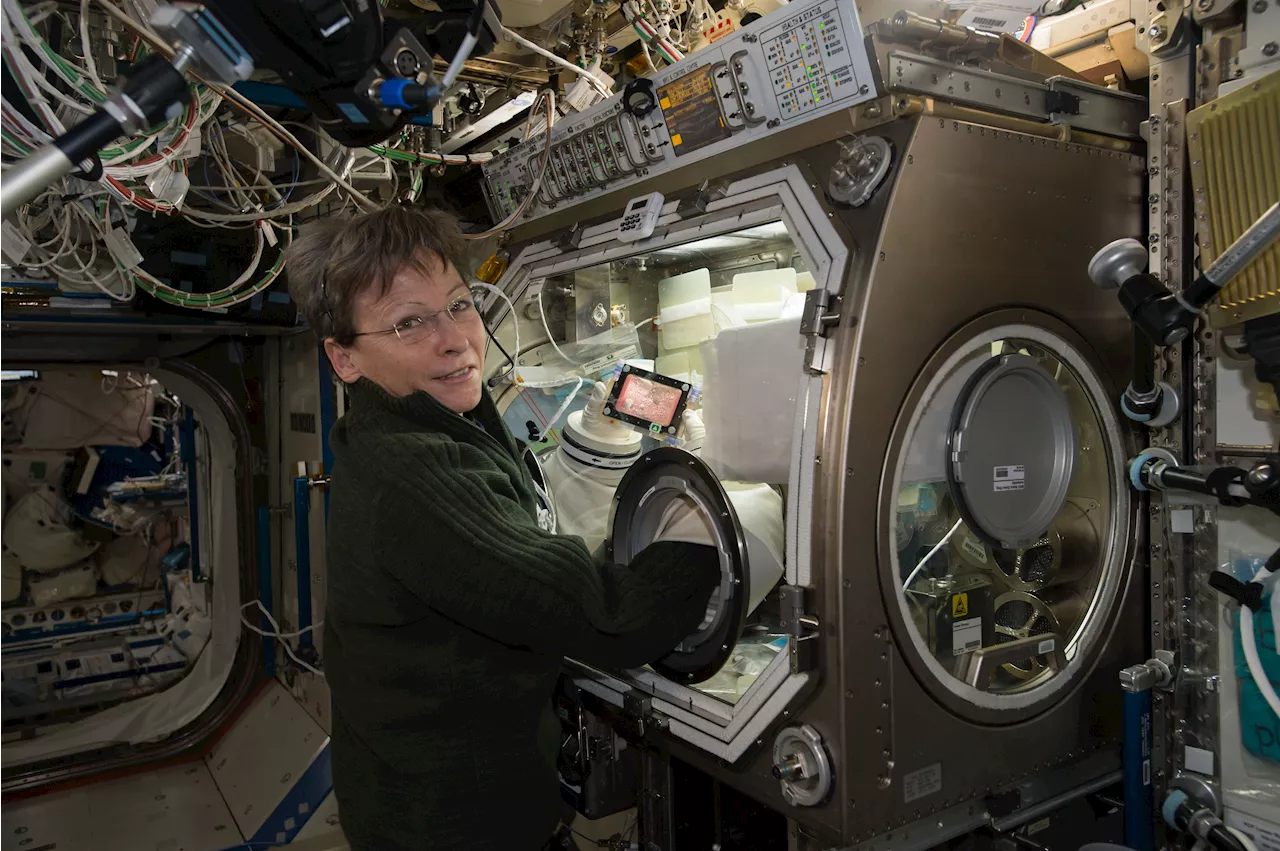 Station Science Top News: Nov. 8, 2024Researchers demonstrated the feasibility of 3D bioprinting a meniscus or knee cartilage tissue in microgravity. This successful result advances technology for
Station Science Top News: Nov. 8, 2024Researchers demonstrated the feasibility of 3D bioprinting a meniscus or knee cartilage tissue in microgravity. This successful result advances technology for
Read more »
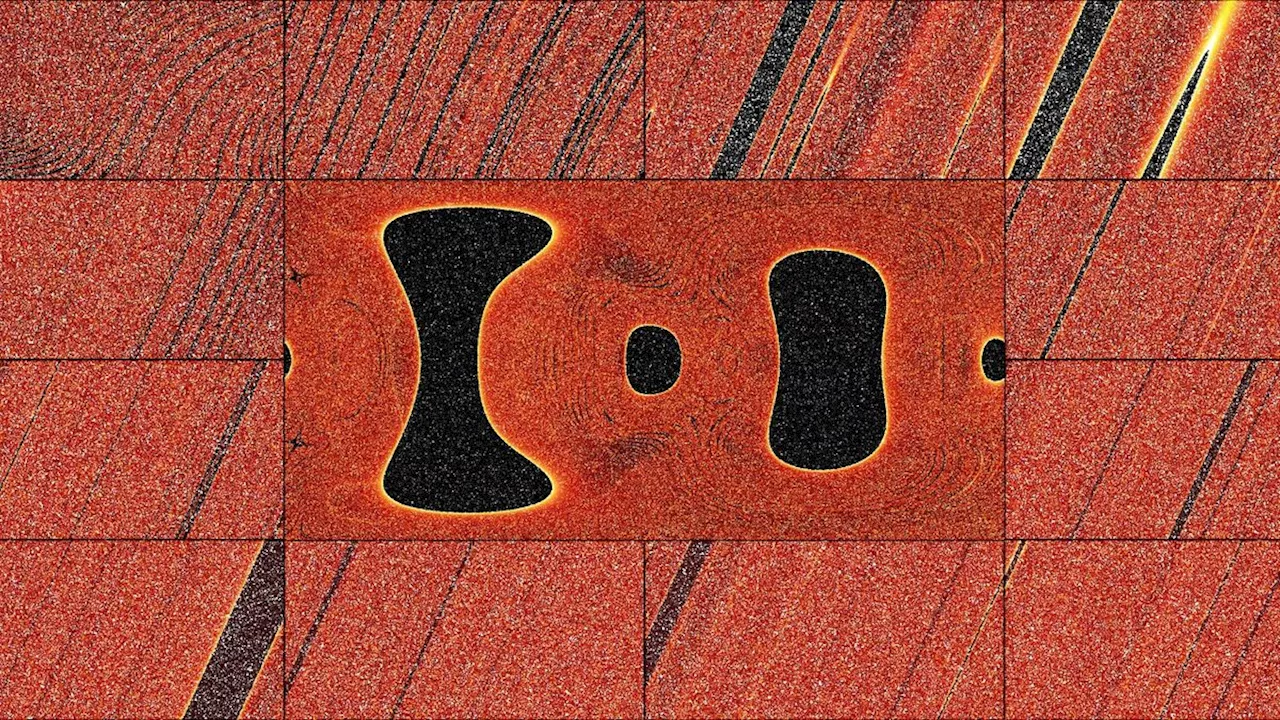 The '3-body problem' may not be so chaotic after all, new study suggestsSkyler Ware is a freelance science journalist covering chemistry, biology, paleontology and Earth science. She was a 2023 AAAS Mass Media Science and Engineering Fellow at Science News. Her work has also appeared in Science News Explores, ZME Science and Chembites, among others. Skyler has a Ph.D. in chemistry from Caltech.
The '3-body problem' may not be so chaotic after all, new study suggestsSkyler Ware is a freelance science journalist covering chemistry, biology, paleontology and Earth science. She was a 2023 AAAS Mass Media Science and Engineering Fellow at Science News. Her work has also appeared in Science News Explores, ZME Science and Chembites, among others. Skyler has a Ph.D. in chemistry from Caltech.
Read more »
 Scientists have built an AI-powered 'electronic tongue'Skyler Ware is a freelance science journalist covering chemistry, biology, paleontology and Earth science. She was a 2023 AAAS Mass Media Science and Engineering Fellow at Science News. Her work has also appeared in Science News Explores, ZME Science and Chembites, among others. Skyler has a Ph.D. in chemistry from Caltech.
Scientists have built an AI-powered 'electronic tongue'Skyler Ware is a freelance science journalist covering chemistry, biology, paleontology and Earth science. She was a 2023 AAAS Mass Media Science and Engineering Fellow at Science News. Her work has also appeared in Science News Explores, ZME Science and Chembites, among others. Skyler has a Ph.D. in chemistry from Caltech.
Read more »
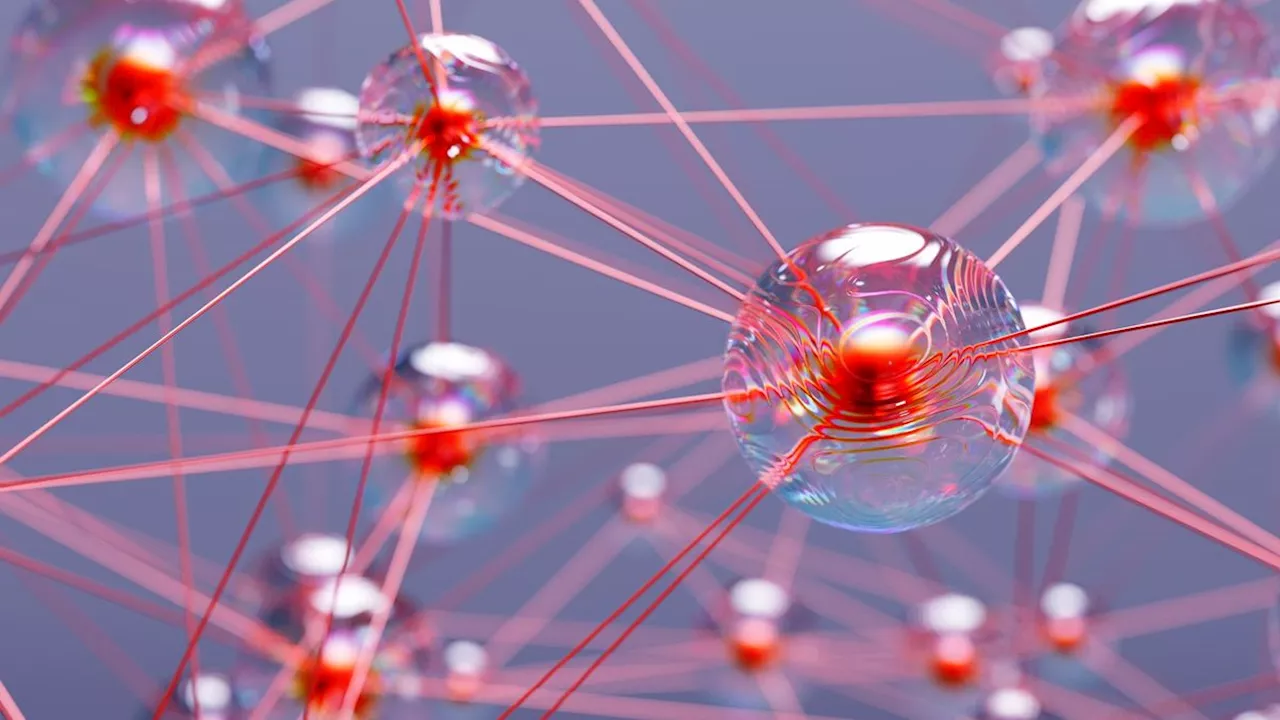 Chemists broke a 100-year-old rule to make extremely unstable moleculesSkyler Ware is a freelance science journalist covering chemistry, biology, paleontology and Earth science. She was a 2023 AAAS Mass Media Science and Engineering Fellow at Science News. Her work has also appeared in Science News Explores, ZME Science and Chembites, among others. Skyler has a Ph.D. in chemistry from Caltech.
Chemists broke a 100-year-old rule to make extremely unstable moleculesSkyler Ware is a freelance science journalist covering chemistry, biology, paleontology and Earth science. She was a 2023 AAAS Mass Media Science and Engineering Fellow at Science News. Her work has also appeared in Science News Explores, ZME Science and Chembites, among others. Skyler has a Ph.D. in chemistry from Caltech.
Read more »
